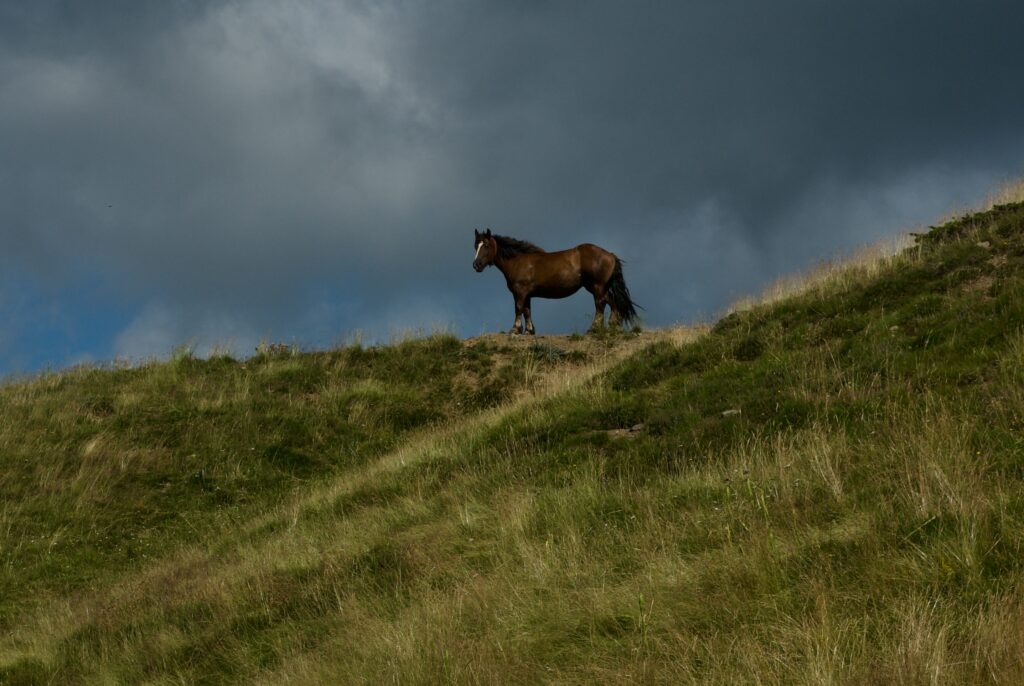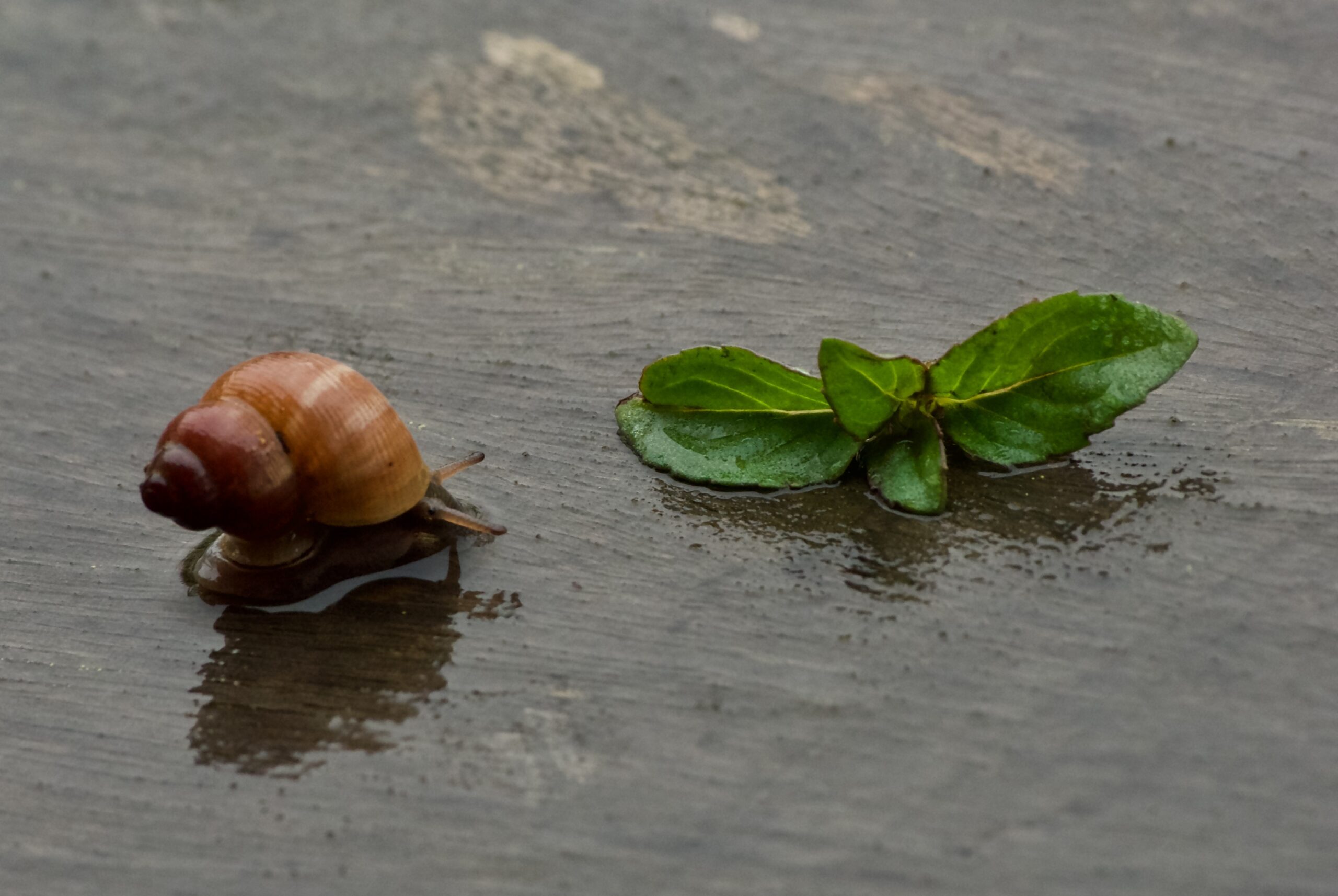Changing research topics and, even more, completely changing fields, is no easy feat, even for a seasoned butterfly researcher, and it takes time to overcome one’s own doubts and limitations. I see ecology first and foremost as a life science, and I haven’t done any biology since high-school – that is, I haven’t done any biology at all. As an experienced academic, it is very easy to gauge the size of the gap between a first year university student and a trained researcher, and believe me that gap is really wide. To use a metaphor, even our second-year master-level students are usually just at the stage of babies trying to walk for the first time as we, their academic parents, assign them their first research projects. So, today, I would like to write about how I confronted my doubts and approached the barrier of getting started into this new field of research at the very beginning, coming from a very different thematic horizon. In this post I will try to keep the discussion relatively broad in the hope that my words might be useful, or comforting to a wider audience thinking about similar scientific research transitions – not necessarily into ecology – and maybe even beyond the world of research, as I am notably going to discuss first the importance of a solid skills assessment. In the next weeks, I will write more about what initial steps I took, how my first conversations with ecologists went, and where they are now starting to lead me.
Experience and skills
First of all, let’s come back to the question of starting from scratch. As a matter of fact, academics in transition do have a massive headstart and advantages over undergrads: the confidence, from our starting position, that we are already research-grade material; our own research experience; and some very general, highly transferrable technical expertise and skills learned and honed over many years. In my case, I know how to use advanced maths and sophisticated computer techniques to solve scientific problems, how to perform a scientific data analysis, how to make plots and figures; I know how to run a high-level scientific research project from inception to conclusion; I already know about the importance of human psychology in research, how we can and do often fail, what it feels like to get stuck and feel like a piece of incompetent crap; I know how not to lose faith and to keep digging to get out of a rut (yes, that one is somewhat counterintuitive); I also know how to navigate through a maze of scientific bibliography, where to look for information and how to quickly get to the bottom of publications, how to write proposals, reports and papers. And, last but not least, thanks to both my higher education cursus and academic encounters, I already have a deep and diverse international network of trusted colleagues and friends working across all fields of research, including in biology and ecology, who can provide support, advice, expertise and in some cases a direct collaborative scientific element to this particular transition.
When you think about them, all these things are really huge assets. Let me add though, that while it may sound obvious to you, reader (including those who are familiar with me and my work personally), it was in hindsight not easy for me to stand back last year at a similar period, in a period of doubts, loss of motivation and confidence, and massive introspection, to arrive at this conclusion. Despite my track record and experience in research, I had to spend some serious time reflecting on this and doing the skills assessment exercise above slowly, on paper, to convince myself. It also took some work by a few close colleagues in the confidence, and by a psychologist, to convince me that even sending an email to get in touch with colleagues in that field to pay them a visit and inquire about possible common ground and scientific collaborations would not look ridiculous, and I mulled over sending that first email for weeks.
I am not sure what all of this says about me and my (possible lackof) scientific maturity, but I wanted to put this in writing too, as it might resonate with some readers who share similar doubts and lack confidence themselves. I’d like to think it is actually a wise and healthy attitude, as well as a useful skill in research not to be overconfident and to regularly question one’s own abilities. It is also again an issue where being neuro-atypical matters, both negatively and positively. On the one hand, lacking some social skills, aversion to routine-changing and systematically understimating one’s own abilities is a problem in this world, and can freeze any velleity of evolution. But acute self-doubt and perfectionism tendencies, wanting to secure and control every little detail, and a deep drive to constantly entertain and feed our minds with new things are also powerful drivers in research, that guarantee some quality and originality to our projects, and that we do not make dangerous (for us), ill-thought moves.

A diverse, open field
All of this being said, the biology side of ecology is still scaring the s* out of me, as I know by experience from learning a very technical field, plasma physics, after being initially trained in research as a fluid dynamicist (a simpler field if you ask me), that becoming truly proficient and operational at a research level on a highly technical subject takes years. Fortunately, ecology appears to be a very wide field involving not only state-of-the-art genetics, evolutionary theory, microbiology etc., but also a lot of modelling, stats, and even some applied mathematics, all kinds of subjects with which I am much more familiar. More generally, it is actually a field that sits at a particular crossroad between biology, physics, math, computer sciences, and even humanities, as the connection between ecological questions and human societies is becoming increasingly important, notably to manage ecological crises. And, as I mentioned in a previous post, researchers in ecology and at the SETE in particular appear to embrace, and seek genuine interdisciplinarity in the form of a diversity of scientific approaches, profiles and competences to tackle the baffling complexity of ecological systems and their interactions with humanity. Much more than fields like physics or astrophysics do, or make it possible considering their narrower focus, and also longer history. The relatively recent field of scientific ecology undoubtedtly makes for a much more open playground and is really welcoming to biology outsiders.
Different scales and methodologies
Another, related interesting and important dimension to this question of adaptation to ecological research is that the field is also concerned with a wide range of scales, from microcosms and mesocosms to whole landscapes, and from individuals, to populations to whole communities and ecosystems. As a rule of thumb, as scale goes up, the biology side of things becomes less central, although by no means necessarily negligible. All I want to say here is that important questions in ecology are not just about biology, and that detailed biological processes become less important as one coarse-grains to larger scales (I will talk more about emergence and collective behaviour in the future). Finally, research in ecology uses a lot of different methodologies, from collection and field work, to experimental ecology in the lab and on larger infrastructures (we’ll come back to that in the future too), including behavioural studies, biological and chemical analysis, to mathematical and numerical modelling and data science. There are also important research developments in the area of ecological conservation, including conservation policy and, as I said earlier in methodologies used in humanities fields like sociology. I almost certainly do not paint an exhaustive picture of the field here, but overall, the list above is enough to illustrate that there’s a pretty large and deep pool of subjects and approaches, with different graduations of fundamental vs. applied, to pick from. And that breadth of options I find reassuring too, as I progressively dive my toes in that pool. It is also a bit daunting though, when you don’t yet know how to swim and where to start. But the subject of picking specific topics will be for another day.
As a simple conclusion to today’s post, I’d like to share some music by one of my idols in jazz, double-bassist Charles Mingus…who was also an excellent piano player. Very different techniques and instruments, but in the end all to play the same music….Some further inspiration, motivation, and food for the soul to confidently get started.


Leave a Reply